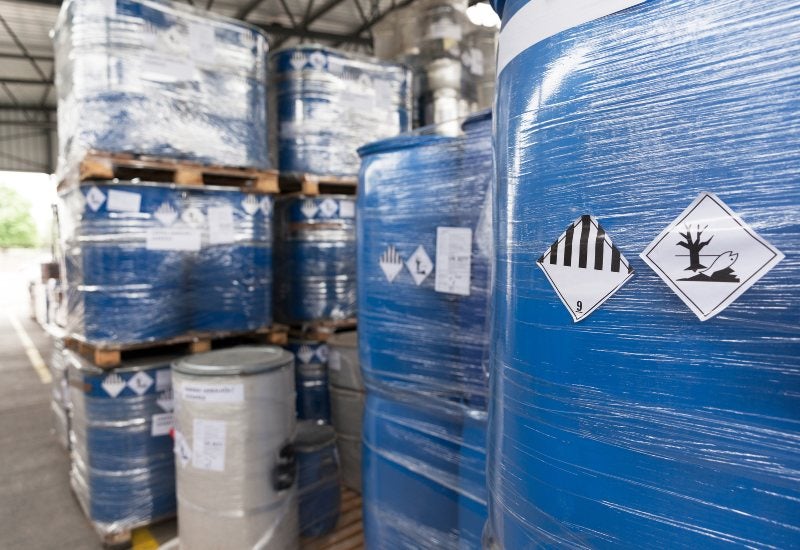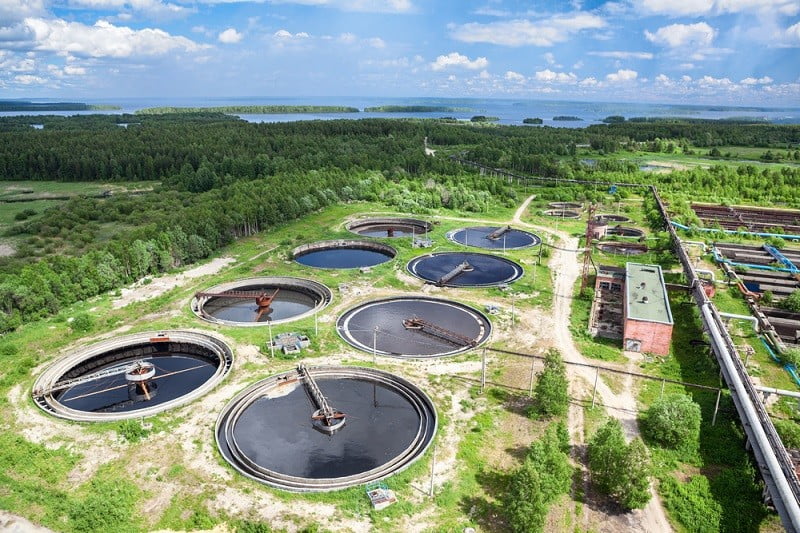Safe and Sustainable Liquid Waste Disposal: Your Go-To Service Provider
Wiki Article
Understanding the Comprehensive Process of Liquid Garbage Disposal: Finest Practices and Environmental Impact Considerations
The monitoring of liquid waste disposal is a diverse issue that calls for a complete understanding of different best techniques and their connected ecological effects. From the types of liquid waste produced to the methods utilized for collection, treatment, and final disposal, each action plays a vital role in securing ecological communities and public health and wellness.Types of Fluid Waste
Comprehending the numerous types of liquid waste is essential for efficient management and disposal methods. Fluid waste can be extensively classified into a number of kinds, each needing one-of-a-kind handling and treatment techniques.Industrial fluid waste commonly contains harmful products, including heavy steels, solvents, and chemicals, generated during making procedures. These wastes demand strict governing compliance to secure human wellness and the environment. Domestic liquid waste mostly describes wastewater created from households, consisting of sewer and greywater, which, although much less poisonous, can still posture significant risks if improperly managed.
Agricultural liquid waste, consisting of runoff from farms, often consists of plant foods and pesticides that can lead to environmental deterioration if not dealt with adequately. Medical liquid waste, produced from healthcare facilities, includes polluted liquids such as physical liquids and chemicals, needing specialized disposal techniques to stop infection and environmental contamination.
Lastly, oil and grease waste, usually produced by restaurants and automotive industries, can create extreme obstructions in sewer systems if not handled correctly. Comprehending these classifications assists in targeted methods for therapy, conformity with regulations, and effective disposal methods, inevitably advertising environmental sustainability and public health and wellness safety.

Collection Approaches
Reliable collection techniques are important for the proper management of fluid waste, making sure that it is gathered securely and effectively prior to treatment or disposal. Various techniques are used depending upon the type of liquid waste created, the quantity, and the details features of the waste.One usual method is making use of devoted collection tanks or sumps, which are created to catch fluid waste at the resource. These systems typically incorporate pumps that promote the transfer of waste to bigger storage space containers or treatment centers. Additionally, mobile collection units furnished with vacuum cleaner innovation are used in circumstances where waste is generated periodically or in hard-to-reach locations.
For commercial settings, closed-loop systems can effectively lessen spills and leaks, permitting for the healing and reuse of liquid waste. It is likewise important to educate employees on correct collection protocols to alleviate threats associated with unsafe substances.
Moreover, applying regular upkeep timetables for collection equipment guarantees ideal performance and security. The combination of innovative surveillance systems can enhance collection effectiveness by supplying real-time information on waste levels and possible risks. Overall, efficient collection approaches are foundational to lasting fluid waste administration techniques.
Treatment Processes
Therapy procedures play a vital duty in the administration of fluid waste, changing potentially unsafe products into multiple-use sources or risk-free effluents - liquid waste disposal. These processes can be broadly classified right into physical, chemical, and organic techniques, each customized to resolve particular pollutants present in the waste streamPhysical treatment approaches, such as sedimentation and purification, job by removing put on hold solids and particle matter. These techniques are frequently the initial action in the treatment chain, efficiently decreasing the lots on succeeding processes. Chemical therapies entail making use of reagents to neutralize harmful materials, precipitate hefty steels, or oxidize natural toxins, consequently boosting the security of the effluent.
Biological therapy procedures, including triggered sludge systems and anaerobic food digestion, profit from the natural abilities of microorganisms to degrade raw material. These methods are especially efficient for wastewater consisting of naturally degradable contaminants. Advanced therapy modern technologies, such as membrane purification and progressed oxidation processes, are progressively used to achieve higher levels of purification.
Integrating a mix of these treatment techniques not just makes certain conformity with regulative requirements however likewise advertises environmental sustainability by recouping beneficial sources from liquid waste.
Disposal Options
How can organizations ensure the responsible and secure disposal of liquid waste? Reliable disposal alternatives are vital for protecting public health and wellness and the environment. The key methods include land therapy, incineration, and disposal adhered to by discharge into metropolitan wastewater systems.Land disposal involves the mindful control of liquid waste in assigned landfills, guaranteeing that it does not leach right into bordering soil or water. Incineration, on the various other hand, topics liquid waste to heats, transforming it right into ash and gases, which need correct purification to decrease exhausts. This method is suitable for hazardous wastes that can not be treated through typical methods.
In instances where liquid waste can be dealt with, organizations may opt for organic or chemical treatment procedures to counteract dangerous elements prior to discharging the treated effluent right into metropolitan systems. This path typically aligns with regulative needs, making sure that the effluent meets safety and security standards.
Ultimately, organizations need to perform comprehensive evaluations get more of each disposal alternative to identify its viability, taking into consideration elements such as waste make-up, regulatory compliance, and prospective dangers to health and wellness and the atmosphere. By choosing proper disposal techniques, businesses can add to a responsible waste administration technique.
Environmental Effect
The ecological impact of liquid waste disposal is a crucial factor to consider for companies looking for to reduce their ecological impact. In addition, the discharge of without treatment or improperly dealt with waste right into surface waters can result in eutrophication, leading to oxygen depletion and the subsequent death of fish and various other organisms.
To reduce these influences, companies need to adopt finest methods such as executing strenuous waste treatment procedures, advertising recycling and reuse, and adhering to regulative criteria. By taking a proactive technique to liquid waste administration, entities can considerably reduce their environmental footprint while supporting sustainable development goals. Ultimately, a detailed understanding of the environmental effects connected with liquid garbage disposal is crucial for informed decision-making and responsible stewardship of all-natural resources.
Final Thought
Reliable administration of liquid waste is vital for safeguarding environmental honesty and public health and wellness. By embracing ideal techniques in disposal, therapy, and collection, along with adherence to regulatory requirements, the potential for damaging contamination of ecological communities can be significantly minimized. Continuous developments in modern technology and procedures add to sustainable waste administration initiatives. Inevitably, a comprehensive understanding of fluid garbage disposal not just mitigates environmental effects but likewise fosters a commitment to accountable resource monitoring and environmental stewardship.The monitoring of liquid waste disposal is a complex concern that needs an extensive understanding of numerous finest methods and their connected ecological effects. From the types of fluid waste generated to the techniques employed for collection, treatment, and final disposal, each action plays a vital duty in protecting environments and public health.The ecological impact of fluid waste disposal is a vital consideration for organizations looking for to minimize their environmental impact. go to website Inevitably, a thorough understanding of the environmental impacts connected with fluid waste disposal is essential for notified decision-making and accountable stewardship of natural sources.
Eventually, an extensive understanding of liquid waste disposal not just minimizes environmental effects yet likewise promotes a commitment to accountable resource management and ecological stewardship.
Report this wiki page